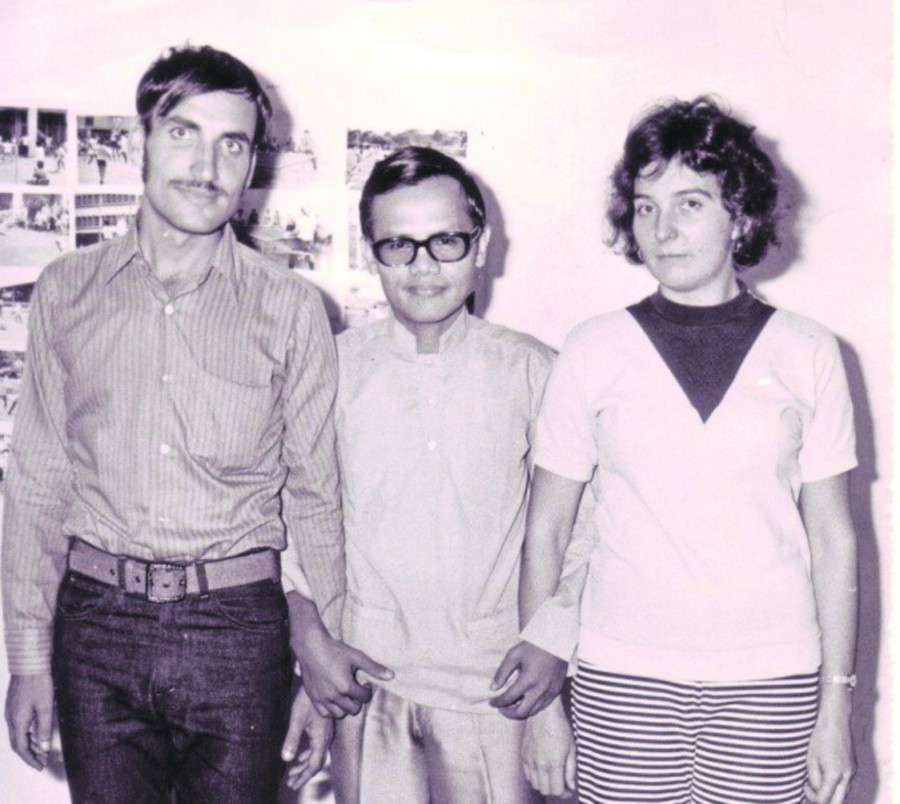SAD news came from Malaysia — the famous poet, national laureate and my close friend, Kemala, left us at age 80. I met Kemala (real name Datuk Dr Ahmad Kamal Abdullah) in 1970, when I was doing an internship in Malay at Universiti Malaya.
And our friendship endured the test of time until his sad death. We were not only close friends, but also colleagues in promoting Malay literature in the international community, including in Russia.
My daughter Anna and I have repeatedly translated his poems into Russian — the last time in 2019 (The Source of All Good Wishes).
And, Anna made his creativity a subject of research when she studied at the Academy of Malay Studies at Universiti Malaya and published two books: one in Malaysia (Intertext in the Poetry of Kemala, 2011) and one in Russia, Kemala (2017).
Kemala contains not only an analysis of Kemala's main works, but also the translations into Russian of his collections of poems — Era, Kaktus-Kaktus, Ayn, Pelabuhan Putih, Titir Zikir and Mim.
We rate Kemala's poetry very highly. Really, he occupies a special place in the world of Malay poetry.
He not only continued the traditions of understanding the poetic-philosophical world around him, which was basically laid down by the mystical poet Hamzah Fansuri, but also developed that tradition while bringing his own rhythm and colour into modern poetry.
The creativity of Kemala's poetry is diverse. The poet was convinced that human beings, as the intelligent creation of Allah, are responsible not only for themselves, but for all people, nations and the whole world.
By prioritising philosophical motives, Kemala sought to show how he himself was considerate of people in need of protection and help, sympathised with them and tried to understand the essence of philosophy from the inner and outer realm.
Kemala's poetry shows the energy that he scooped up in the world around him and after absorbing it, he released it while strengthening it, so his way of delivering poems became a big event in poetry. Thus, Kemala revealed to us the essence of things and events that are not seen by our eyes.
The poet, as if trying to tap into the hearts of readers, showed us the whole uniqueness of human life, making us believe in the magic contained in words.
We admire Kemala's poems, which are full of music and deep rhythm.
He skilfully used all the abilities of the Malay language by extracting from it sometimes soft sounds, and sometimes expressive and explosive sounds.
Kemala filled every line of his poetry with movement and made each poem a living organism. The unity of feelings and high dreams infused with infinite love for God is the indelible source of Kemala's creative inspiration.
His poetry is a fusion of vocal shadows and music, avangardism and traditional Sufi motifs as well as rhythmic forms of folk poetry. We will never forget him and will continue to love his poems.
Rest in peace, dear friend! May God bless your soul.
The writer, writing from Russia, is a former lecturer of University Malaya


